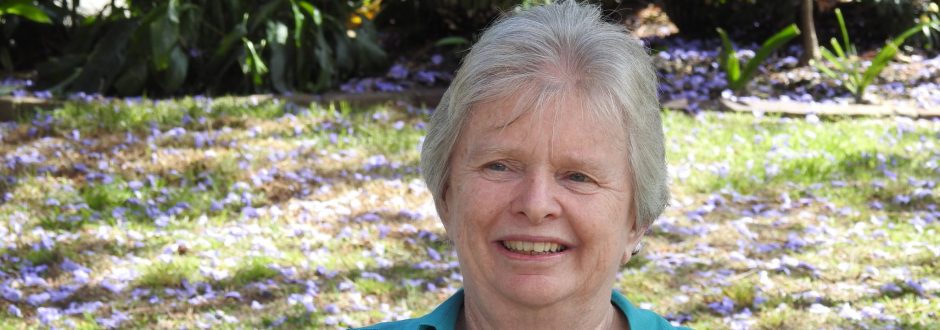The ‘new’ does not have to replace the ‘old’ totally. The ‘new’ can add another exciting dimension, another opportunity. So it is vital that the ‘old’ order can make room and be open to change itself, writes Good Samaritan Sister Clare Condon.
BY Clare Condon SGS
Paradoxical situations can leave us wondering and even bewildered. Recently I found myself in such a situation; on the edge of two very different worlds.
I was attending the meeting of some 110 American Abbots and Prioresses of Benedictine communities which was held in Jacksonville, Florida USA. The focus for discussion was the relevance of a sixth century Rule of life – that of St Benedict – to twenty-first century youth.
While I was separated from my community in Australia by thousands of miles, I could connect within microseconds by text messaging and emails to literally anywhere in the world. This is communications unknown to a Benedict of the sixth century, and for that matter unknown to many of us only 20 or 30 years ago. It is now part of our taken-for-granted way of communicating.
Facebook, Twitter and other social communications have taken hold of the way of connecting especially for youth. They provide this virtual world whereby connections can be made to thousands of “so-called” friends, without ever actually meeting them in the flesh. I am led to ask myself: “Is such networking a satisfactory means of communicating?”
If I am to look at the recent protests of young people in Egypt and other North African countries, I would have to agree that through these media the potential of gathering people across wide spectrums to causes of good or for evil seems vast. The global impact seems limitless.
And yet, I keep being drawn back to that deep inner need of mine, and I assume of every person, to a face-to-face community, to communicating and conversing about the important matters of life and to meeting with trusted and companionable ‘enfleshed’ friends.
It is this deep level of conversing face-to-face with others and forming real community that these Benedictine men and women have to offer the youth of this twenty-first century. We were discussing the quality of relationships, the seeking of self-knowledge and understanding, the going beyond the superficial to find the core of what it means to be fully human and, at that core of our being, to know God.
Like many aspects of life, the ‘new’ does not have to replace the ‘old’ totally. The ‘new’ can add another exciting dimension, another opportunity. So it is vital that the ‘old’ order can make room and be open to change itself. The challenge is how to acknowledge the new and integrate it into our lives in meaningful and effective ways.
If communities of religious men and women in the Catholic Church are going to relate to young people in a meaningful way, then we must be ready to constantly adapt and have a willingness to change. The community needs to develop a “formative culture”, says Australian Cistercian monk, Michael Casey, a culture that is willing to engage its tradition and its values to the emerging needs and aspirations of the next generations.
I came home intensely aware of this paradoxical world in which we now live. Paradoxical yes, but not overwhelming! A world that offers us much excitement and potential if we stay open to listen, listen and listen again.
